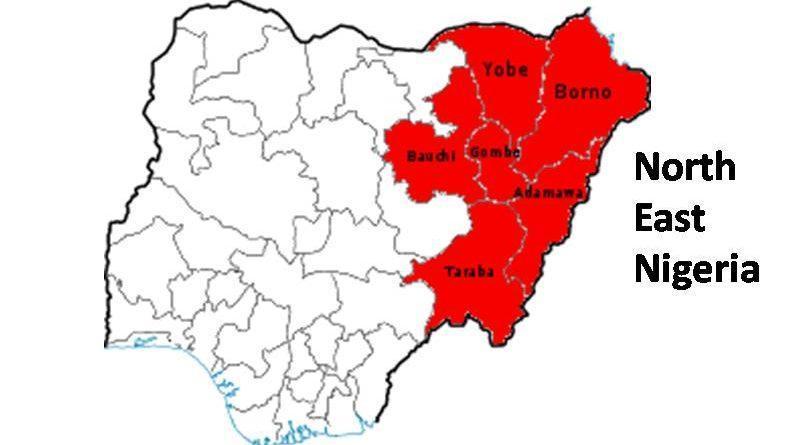$1.3 billion appeal fund launched to stop ‘ticking time bomb’ of child malnutrition in the North East of Nigeria
Six million people in northeast Nigeria have been severely impacted by conflict, sickness, and disaster, and the UN has issued a $1.3 billion appeal to aid them. Matthias Schmale, the UN Resident and Humanitarian Coordinator for Nigeria, stated that the widespread humanitarian and protection situation “shows no indication of abating.” “Estimated 2.4 million people are in urgent need and need support,” according to conflict, tragedy, and sickness.
According to the UN Office for the Coordination of Humanitarian Affairs (OCHA), acute malnutrition among children is on the rise in northeastern Nigeria, where the number of affected children is expected to rise from 1.74 million in 2017 to two million in 2023.
From 2022 to this year, the number of people with severe acute malnutrition is expected to more than double, reaching 697,000.
According to Mr. Schmale, “women and girls are the hardest hit.” Women and children make up more than 80% of those in need of humanitarian aid in Borno, Adamawa, and Yobe states. They are more likely to experience abuse, rape, kidnapping, and violence.
Without immediate intervention, OCHA warned that 4,000 people in Bama, Borno state, could experience such dire circumstances as famine, death, destitution, and dangerously high levels of acute malnutrition.
Unexpected assaults against civilians
Children, girls, women, and those with disabilities have been particularly impacted by the catastrophic ongoing 13-year-old violent conflict. They require extra care and better access to protection, as well as to services for basic health, nutrition, water, sanitation, hygiene, and education.
Due to the fighting, two million people have been displaced, and many of them face everyday dangers to their health and safety.
Armed non-state actors continue to launch random assaults on individuals and infrastructure. In addition, new risks are emerging as a result of the recent closure of IDP camps.
Appeals to stop atrocity crimes
In response to these and other crises in 2022, including severe starvation in the northwest and the worst flooding Nigeria has seen in ten years, the UN gave emergency aid to nearly 5 million people in Nigeria.
The UN’s Special Adviser on the Prevention of Genocide, Alice Nderitu, expressed worry about a deteriorating security situation earlier this month and urged swift action to resolve conflicts and stop atrocity crimes.
The 2023 strategy attempts to lessen vulnerabilities and increase resilience while putting life-sustaining requirements first. You can make contributions to the Humanitarian Response Plan through the Financial Tracking Service, Nigeria Humanitarian Fund, or the Central Emergency Response Fund.




